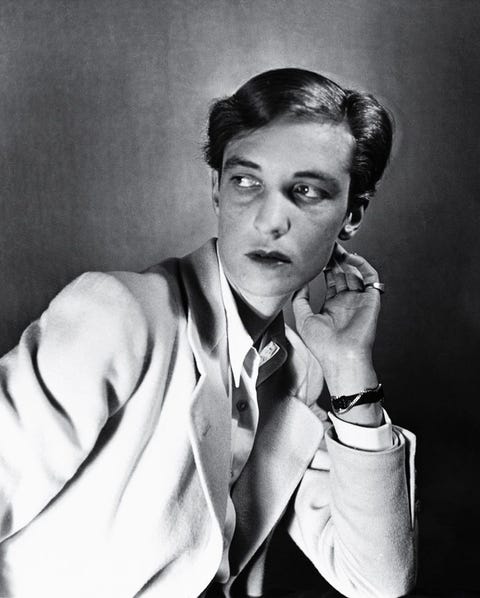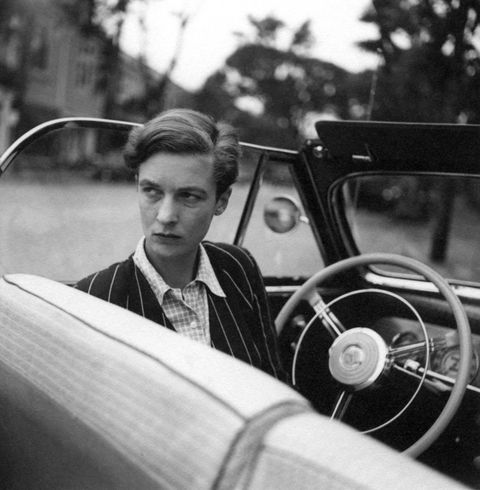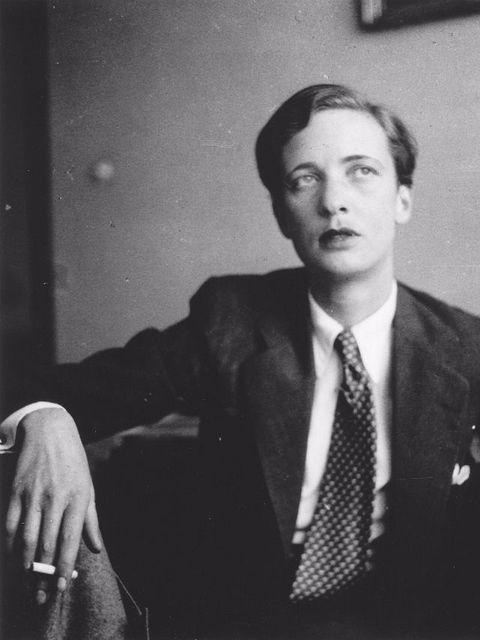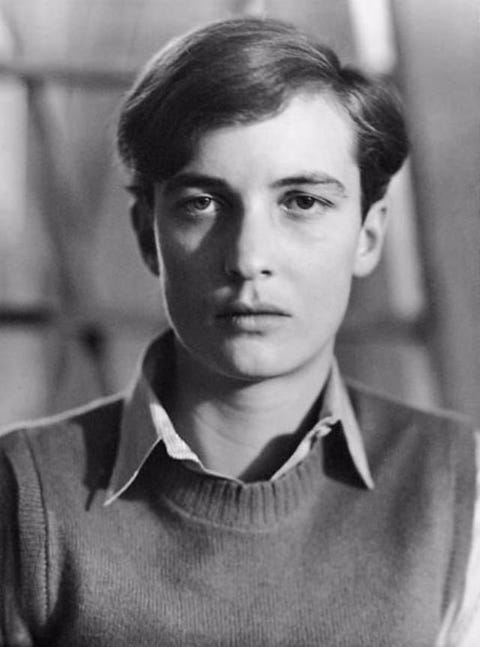 |
| Annemarie Schwarzenbach |
CR MUSE: THE TRAVELS OF ANNEMARIE SCHWARZENBACH
LOOKING BACK AT THE SWISS JOURNALIST WHOSE PURSUIT OF ADVENTURE MASKED A DARK PERSONAL LIFE
This is CR Muse, a series dedicated to the remembrance of important artists and idea-makers from our past who have shaped culture as we know it today. From traditional creators to those of conceptual thought, we celebrate these women known not only for their work but their confident, eccentric style as well.
 |
| Annemarie Schwarzenbach |
Annemarie Schwarzenbach burned brightly, but quickly. The novelist, journalist, and photographer cultivated an impressive career, chronicling everything from the Great Depression in America to the rise of fascism in Europe all before her untimely death at the age of 34. Hers was a life so filled with adventure and drama, it's surprising that her story has not inspired a Hollywood epic.
Schwarzenbach was born in Switzerland in 1908 to an aristocratic background and family wealth. She could have easily led a charmed life, but instead chose to pursue a career in writing. By 23, she earned a doctorate in history from the University of Zurich, publishing her first book shortly after.
 |
| Annemarie Schwarzenbach |
By all accounts, she was enigmatic yet alluring. Looking back at photos of her, one can easily see why. At a time when it was still socially unacceptable for women to wear pants, she stood out with short hair and a wardrobe largely comprised of menswear. Whether or not this had anything to do with her mother dressing her as a boy when she was a child, Schwarzenbach looked at ease in suits and trousers. It’s no wonder she inspired Clare Waight Keller’s Spring/Summer 2019 collection for Givenchy—who wouldn't want to harness the same self-possession Schwarzenbach exudes?
D
By 1933, she began traveling, writing for Swiss publications along the way. Her adventures abroad heightened in 1936 when she married French diplomat Achille-Claude Clarac. The marriage was largely one of convenience (both Schwarzenbach and Clarac were gay), but the union earned her a diplomatic passport. It is unclear when her interests in photography began, but it is certain that her trip to the U.S. that same year honed her skills as a photojournalist.
This content is imported from Third party. You may be able to find the same content in another format, or you may be able to find more information, at their web site.
Despite the thrilling adventures that took Schwarzenbach far and wide, her personal life was filled with darkness. Frequently described as “fragile,” she struggled with depression, addiction, and an overbearing family. In the 1930s, her family made it increasingly clear that they sympathized with the rising Nazis. Schwarzenbach, an anti-fascist, was torn between her family and what she knew was right. The push-and-pull led to her first suicide attempt.
What might've been a form of escapism, she developed a morphine addiction early on in her career. Though she tried to fight it off—including taking a trip with fellow writer Ella K. Maillart, in which they drove from Switzerland to Afghanistan—she was never able to combat her addiction. By 1940, Schwarzenbach returned to the U.S., but her second trip was marred with darkness. A breakup with American writer Carson McCullers lead to depression and a second suicide attempt. After a few more trips, she returned to Switzerland for good.


Her death was an accident. While riding her bike with no hands, Schwarzenbach fell and hit her head. Due to a misdiagnosis, she died nine weeks later. Upon her death, her mother destroyed her diaries and letters (fearing what they might do to the family’s reputation). Thankfully, a friend was able to preserve her photographs. This, along with Schwarzenbach’s already-published pieces, made an archive possible, and by the 1980s, her career was rediscovered—as was her extraordinary influence as an accomplished journalist, fearless adventurer, and pioneer of androgyny.


No comments:
Post a Comment